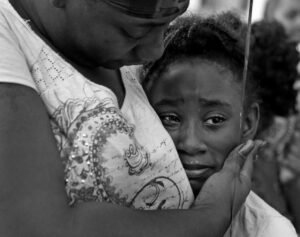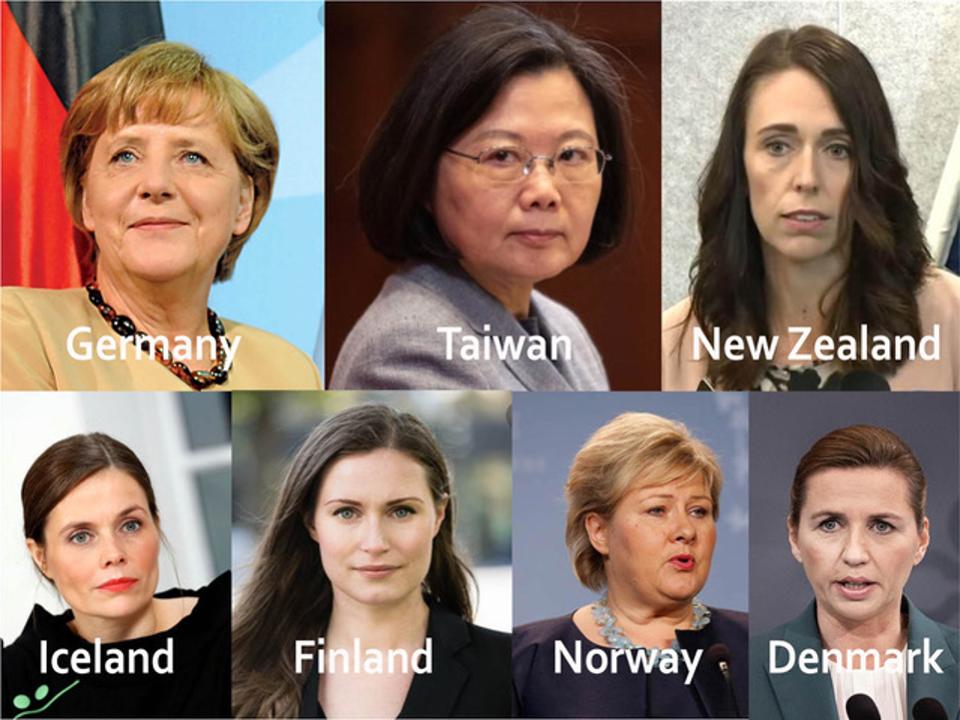EFFECTS OF VIOLENCE ON WOMEN AND CHILDREN

According to UNICEF, violence against women denies women their most basic rights and freedoms, including freedom of opinion, equality and justice before the law, to marry (or not) according to their own free will, to mobility, participation, to have access information and education, to work, to be employed, or to vote. Violence against children on the other hand includes all forms of violence perpetrated against people below the age of 18, either by parents, caregivers, peers, romantic partners, or strangers.
Victims and survivors are mostly the immediate persons affected by violence, but the effects of these violence go far beyond the survivors to having negative impact on their relationships, communities and the societies they live in. In homes where domestic violence is carried out in the presence of the children, it may lead to short or long term harm on children. These children most times end up being abusers, while on the short term, there are physical injuries and serious health conditions.
Exposure to violence at an early age can impair brain development and damage to immune systems, with lifelong consequences. As such, violence against children can negatively affect cognitive development and results in educational and vocational under-achievement. Children exposed to violence and other adversities are more likely to drop out of school, have difficulty finding and keeping a job, involve in harmful use of alcohol and drugs and have disability or mental health problems.
Women who have experienced domestic violence or abuse are at a significantly high risk of experiencing a range of mental health conditions like post-traumatic stress disorder (PTSD), depression, anxiety, substance abuse, having suicidal thoughts, unstable relationships, and emotional imbalance. Many women and children have lost their lives as a result of domestic violence.
Teenage girls when faced with sexual violence may lead to unintended pregnancies, induced abortions, gynecological problems, and sexually transmitted infections, including HIV. According to Pauline Tallen, Nigeria Minister for Women Affairs in a recent address on Nigeria Television Authority (NTA), mentioned that over 3000 rape cases have been reported between March and June, 2020. She also acknowledged that rape has always happened in Nigeria, “but with the lockdown of people in homes because of COVID-19, women and children are locked down with their abusers.” Majority of these incidences are carried out by parents, caregivers and those trusted by the victims. Rape is never the fault of the victim, but rather the fault of the rapist.
Speak Wednesday is an initiative of Centre for Family Health Initiative to stop the cycle of domestic violence by breaking the silence around gender based violence. CFHI believes that violence against women and children can be prevented if we all contribute our quota. A life without violence is essential to the health and peace of everyone. We will continue to raise our voices against any form of violence against women and children, provide legal, psycho-social and economic supports to victims and survivors of gender based violence.


